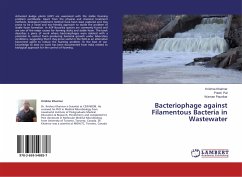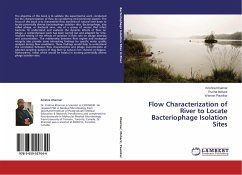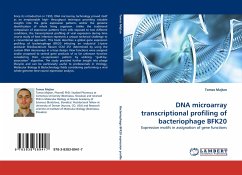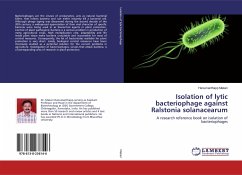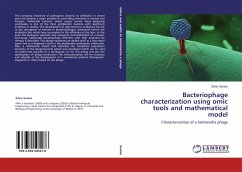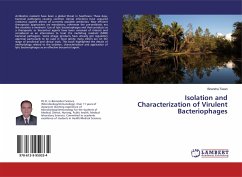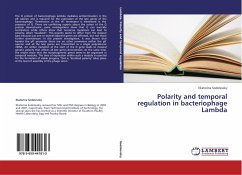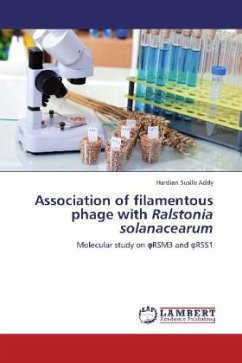Activated sludge plants (ASP) are associated with the stable foaming problem worldwide. Apart from the physical and chemical treatment methods, biological treatment method have been least explored and may prove to be a novel and eco-friendly approach to tackle the problem of stable foam formation. In ASP Nocardia species are commonly found and are one of the major causes for forming sticky and stable foam. This book describes a piece of work where bacteriophages were isolated with a potential to control foam producing bacterial growth under laboratory conditions, suggesting that it may prove useful in the field as an alternative biocontrol agent to reduce the foaming problem. To the best of our knowledge to date no work has been documented from India related to biological approach for the control of foaming.
Bitte wählen Sie Ihr Anliegen aus.
Rechnungen
Retourenschein anfordern
Bestellstatus
Storno

